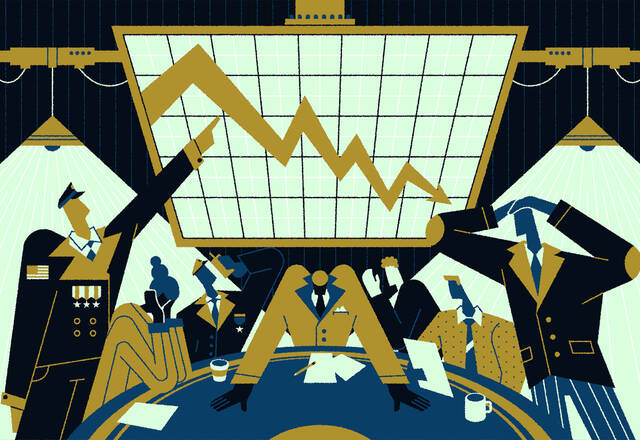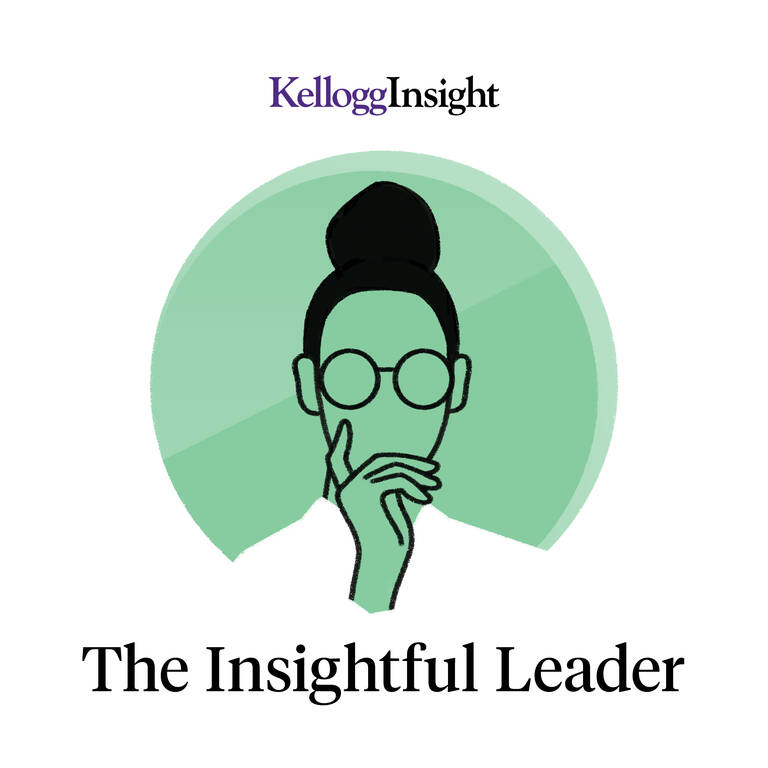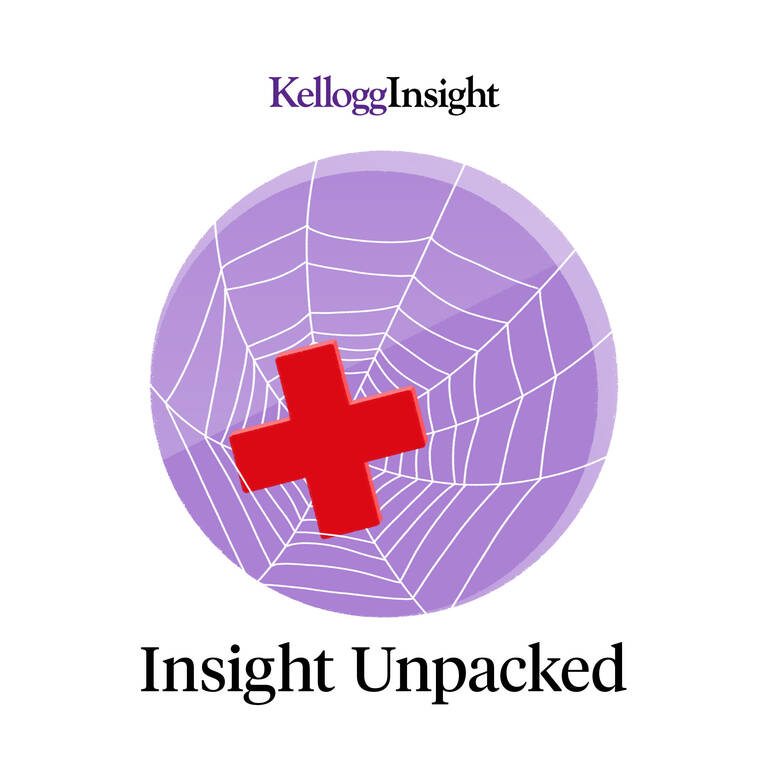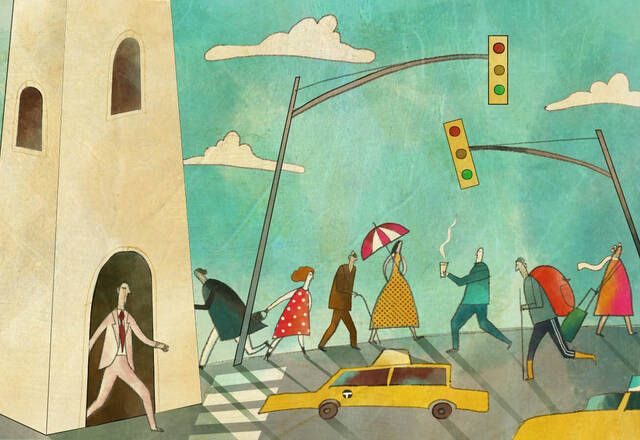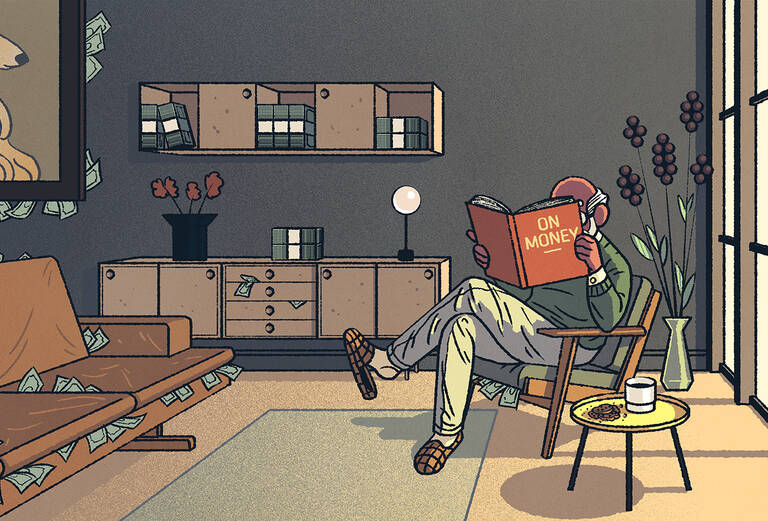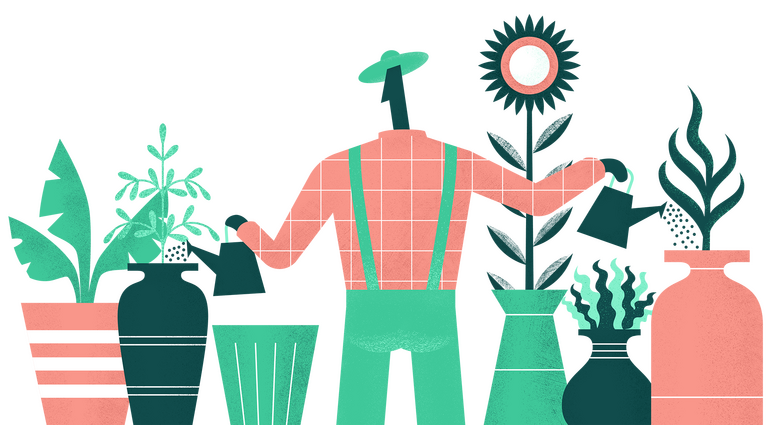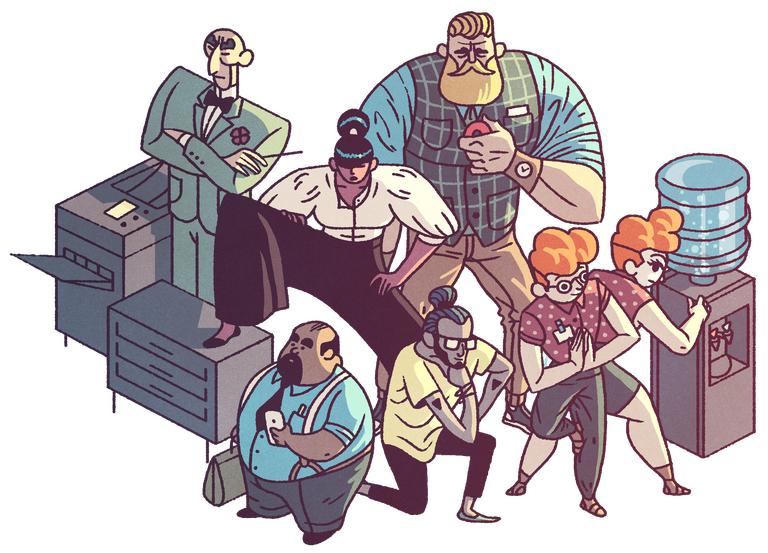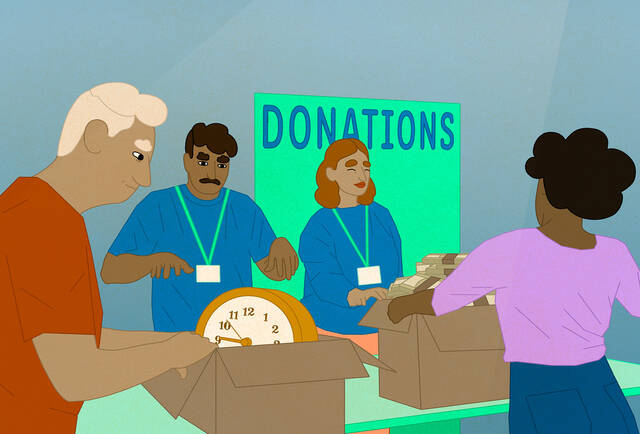
Monetary donations are generally more helpful for charities. So why do people prefer to donate their time instead?
A study of armed conflict in the post–World War II era finds that no matter the outcome on the battlefield, economies suffer on all sides.
Standardizing production has helped massive companies like IKEA, Starbucks, and Coca-Cola outscale their competitors.

It’s not just about salary. On this episode of The Insightful Leader’s “Ask Insight,” we hear how to approach some common work tensions by finding common ground.
It’s more than just being logical and analytical, research shows. But misperceptions can affect how people are treated and how much they are paid.
A Kellogg professor’s experience deploying AI in the classroom shows how domain knowledge and experimentation can lead to true breakthroughs.

A new study of smartphone habits reveals that, in the runup to the 2024 U.S. presidential election, political content was mostly an afterthought.

The people you meet over your career can be an invaluable resource for discovering what you needed to know.

Whoever inherits the role must strike a balance between remaining true to the founder’s vision and not getting stuck in the past.
Whether you’re considering a job change or looking for a hot streak, research and insights from Kellogg faculty can help.
A new game helps people find common ground on divisive issues. But you don’t need to play to practice its principles.

On this episode of The Insightful Leader, an executive coach offers three tales of leaders who let complacency get in the way of success.
Scientists who receive the Nobel Prize and other accolades do more-novel work both before and after winning, new research finds.
Whether they are selling your data or selling you the product, companies have to wrestle with competition and privacy concerns.
Conventional wisdom says that minority-owned branding limits your audience. That’s not the case for cannabis and psychedelics.
A study of voter preferences in the U.S. and Europe—across a wide range of races, ethnicities, and political affiliations—reveals why.
Four tips from a CEO to get out of your comfort zone and help your company fly.
Though both Republicans and Democrats have historically supported federal funding of research, one party has spent more.



